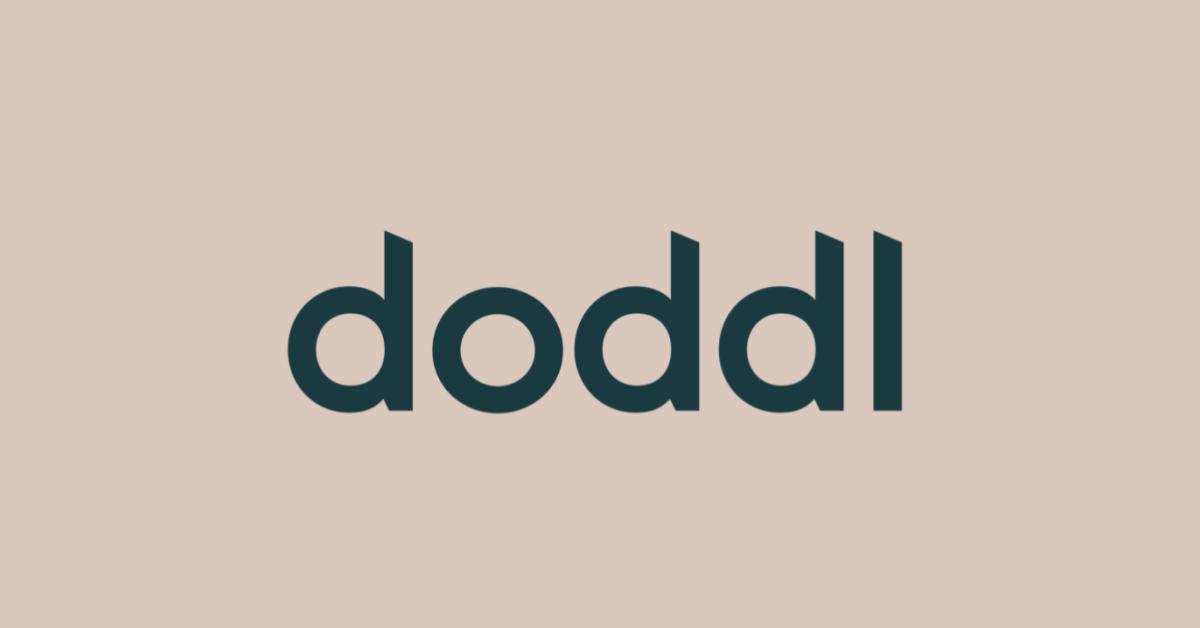Doddl.ie is a mortgage platform for first time buyers, movers and switchers offering access to 7 major lenders. We offer a free and impartial service.
Despite fears that the mortgage market would grind to a halt after we entered lockdown, transactions continued, albeit at a lower level, with approvals down 62% in May.
However, June has told a different story, and we have experienced a substantial increase in enquiries, approval and drawdowns.
The month has seen a large uplift in completions for purchasers and also mortgage switchers who were savvy enough to use their time wisely and instigate a mortgage switch, potentially saving up to €122 per month for every €100,000 owed over a 25-year term.
Two main factors are heavily influencing the lending market at the moment – exceptions and the impact of The Wage Subsidy Scheme (TWSS).
All banks operate exceptions to the Central Bank macroprudential lending rules on an annual calendar basis, but these are paused across the board since April, following a busy Q1.
This is not down to a reluctance to lend, but rather a fear of breaching capacity limits set under Central Bank rules with lending levels uncertain for the remainder of the year.
For first-time buyers, exceptions can only be to 20% of a bank’s book of new business mortgage lending, and for non-first time buyers who wish to go over the 80% loan to value rule, lenders can apply exceptions of 20% of their lending.
I would expect that if the market continues in its recent vein, and new mortgage lending continues, the banks may open back for exceptions later this year.
Lenders are differing in their approach to employees in receipt of the Temporary Wage Subsidy Scheme (TWSS).
All banks must adhere to the Central Bank of Ireland’s Consumer Protection Code which requires lenders to ensure that borrowers can afford the mortgage that they want to take out.
In the normal course, lenders assess affordability at the time of application, looking at income and evidence of repayment capacity.
However, in the current climate, where so many people have been affected financially by Covid-19, lenders now need to review current circumstances to ensure that there is no adverse impact on income and to establish if the mortgage is still affordable.
If a buyer has approval and goes sale agreed on a property, they need to be mindful that their chosen lender will request up-to-date income documentation, bank statements and will review overall affordability of the mortgage.
This can be done either prior to receiving a loan offer or a mortgage draw down.
In almost all cases an application will be approved when a TWSS payment is on a payslip, however, some lenders will not progress to a loan offer until the payslip reflects the TWSS ceasing and full payment being made by the employer.
It is important to understand the positions being adopted by all lenders when deciding to make an application or where you are actively house hunting.
This is where advice from a specialist mortgage broker is key – for example, at doddl we work with seven lenders.
There is a lot of frustration among those who are mortgage approved, in receipt of TWSS payments, and with a lender who will not allow them to progress to loan offer or close out on a purchase.
The issue for the bank is that it needs to consider whether it is feasible that your employer can pay your full salary again once the TWSS ceases.
In order to assess this they will look at your employer, the industry you work in and look to establish if it is sustainable going forward.
The key advice is to provide your mortgage lender with as much information and background as possible, allied to any supporting confirmation you can secure from your employer to outline their expected exit from TWSS and any anticipated impact to either employment or income.
With over 400,000 people on the TWSS this will undoubtedly impact some of those who are seeking to take out a new mortgage at various stages of the process.
Covid-19 hit all sectors of the market but Banking and Payments Federation Ireland’s figures indicate that it has hit those earning less than €50,000 hardest of all.
Workers with average gross earnings of more than €50,000 per annum account for just 14% of those receiving the PUP payment and 21% of those participating in the TWSS scheme.
The BPFI’s latest Housing Market Monitor noted that in 2019, First Time Buyers with incomes less than €50,000 accounted for 17% of FTB drawdowns, whereas customers with incomes of less than €50,000 only accounted for 7% of the total drawdowns amongst mover purchasers.
This is reflective of average purchase prices and means that people on lower incomes are increasingly becoming priced out of the market, particularly in urban areas. It also indicates that the demand for mortgage should continue to be strong in the cohort of purchasers earning typical home buyer incomes of €50,000 plus.
Fixed rate mortgages have remained hugely popular amongst purchasers and switchers. These rates have reduced over the last six months with the two to five year fixed rate period remaining most popular. Fixed rates offer security over repayments and in most cases fixed rates are lower than variable rates across market.
Some lenders offer flexible options in relation to overpayment while on fixed rates, the obvious benefit being an accelerated repayment of the mortgage and lower overall cost of credit.
If your proposed lenders does not offer an overpayment option during a fixed period then you should consider a split rate, part fixed and part variable rate.
See below Five top tips for securing a mortgage now
1. Ensure repayment capacity is clear
Banks look at the six months immediately preceding application.
2. Covid income changes
Provide information with regard to employer background and as much comfort, in so far as possible, that changes can be deemed to be temporary.
3. Use a Mortgage Broker
Rates and offers vary across the market. Use a specialist mortgage broker who works with all major lenders.
4. Be Prepared
Get your mortgage approval in place before you start house hunting.
5. Check if you can overpay a fixed mortgage
Some banks offer options re overpayment when fixed. This is hugely beneficial as it reduces the overall interest you repay.
To understand what your mortgage options are contact us at doodl on 01 662 4600.




